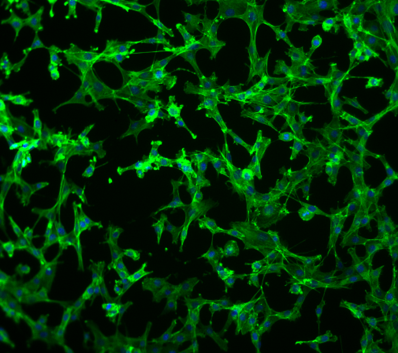Synthesis, processing and integration of materials
Metallic alloys
• Bulk processing techniques: casting by induction and arc
melting, GLEEBLE 3800 thermo-mechanical simulator equipped with tools for physical simulation of casting, rolling, forging, welding, sintering, and controlled heat treatments.
• Powders manufactured by gas atomisation and mechanical milling. Selective laser melting technology for additive manufacturing of metals.
Polymer based composites and nanocomposites
• Liquid moulding processing: RTM resin transfer moulding, VI vacuum infusion, RFI resin film infusion and pultrusion.
• Prepreg lamination using vacuum bagging of autoclave and out-of-autoclave prepregs (OoA) or laminate hot-press moulding (<400°C).
• Semi-industrial equipment for compounding and injection moulding of thermoplastics.
• Integration of advanced nano-fillers.
• Filament maker for 3D printing (3dvo).
• Melt flow index.
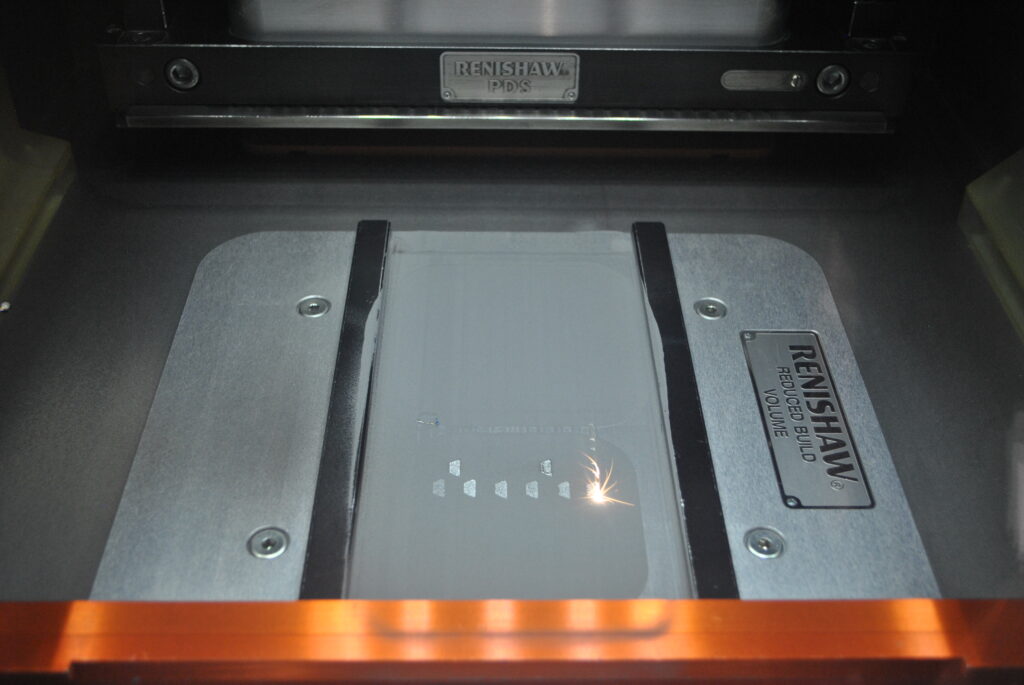
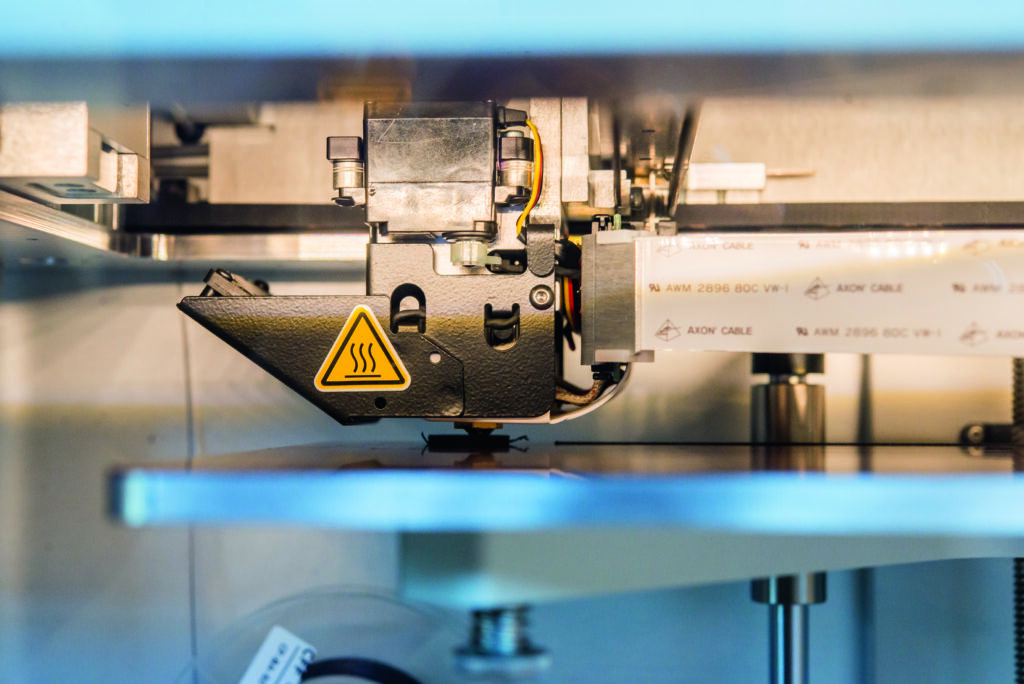
Nanomaterials
• Synthesis and chemical modification of nanocarbons, inorganic materials, nanoporous semiconductors, thin films, zeolites and other nanomaterials.
• Evaporation equipment in controlled atmospheres, high-pressure reactors and in-house chemical vapour deposition systems.
Energy storage and conversion devices
• Synthesis and characterisation of nanostructured electrode materials for energy storage applications. Fabrication of
composite electrodes and integration in various types of rechargeable batteries (Li-ion, Li-S, Li-O2, Na-ion, and hybrid batteries, etc.).
• Fabrication and testing of nanocarbon-based electrodes and their integration with liquid and solid electrolytes to form large-area (> 100 cm2) flexible supercapacitors.
• Integration of energy-storage functions in structural composites.
Microstructural and chemical characterisation
• 3D microscopy at different length-scales, including X-ray tomography, X-ray diffraction, 3D-SEM, 3D-EDS and 3D-EBSD in the FIB and 3D-TEM and 3D-EDS in the TEM.
• In-situ thermo-mechanical testing of mininaturised samples in the X-ray tomography system, as well as in the SEM and TEM.
• In-situ processing studies in the X-ray tomography system, such as casting, infiltration and curing of polymer based materials.
• Raman spectrophotometer.
• Gel permeation chromatography.
• Particle size analyser.
• Freeze dryer.
• In-situ thermal studies of polymers in the X-ray diffractometer.
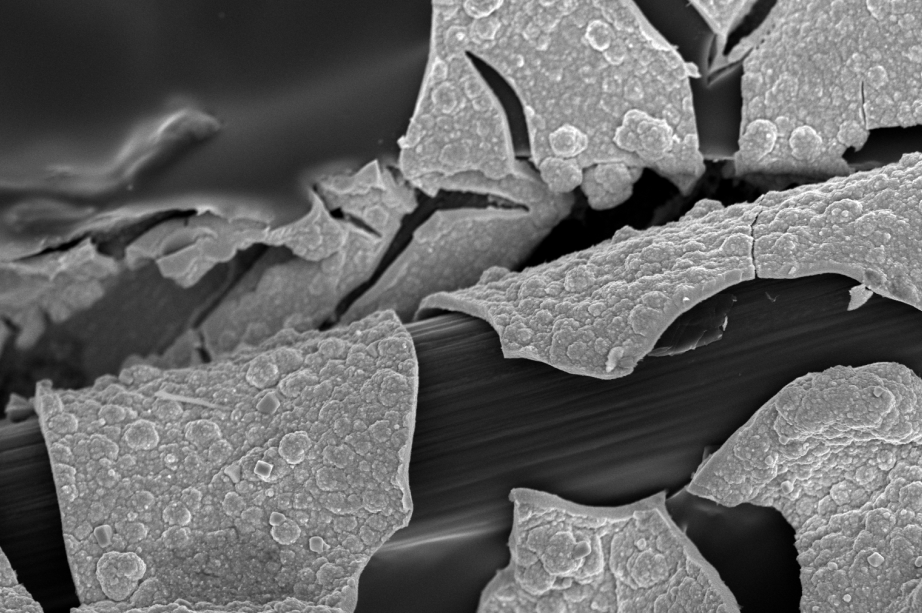

Mechanical properties
• Mechanical testing of a wide range of materials, using electromechanical and hydraulic machines (quasi-static, dynamic, fracture and fatigue testing in a wide range of temperatures).
• Characterisation of mechanical properties at multiple length scales, including nanoindentation, micropillar compression, microtensile testing and fracture micromechanics.
• Tests can be carried out both ex-situ and in-situ in SEM, TEM and X-ray tomography, including measurements at elevated temperature.
Simulation
• Simulation techniques at different scales (electronic, atomistic, mesoscopic and continuum) to design or improve materials and components by means of virtual testing and virtual processing.
• High-performance computer cluster (1000 Intel Xeon CPU cores and NVIDIA GPU acceleration leading to a computational power of 120 Tflops).
• In-house developed simulation tools.
• Commercial and open source software tools for modelling and simulation in Materials Science and Enginnering (CALPHAD, DICTRA, Micress, Abaqus, LSDyna, PamCrash, LAMMPS, VASP, etc.).
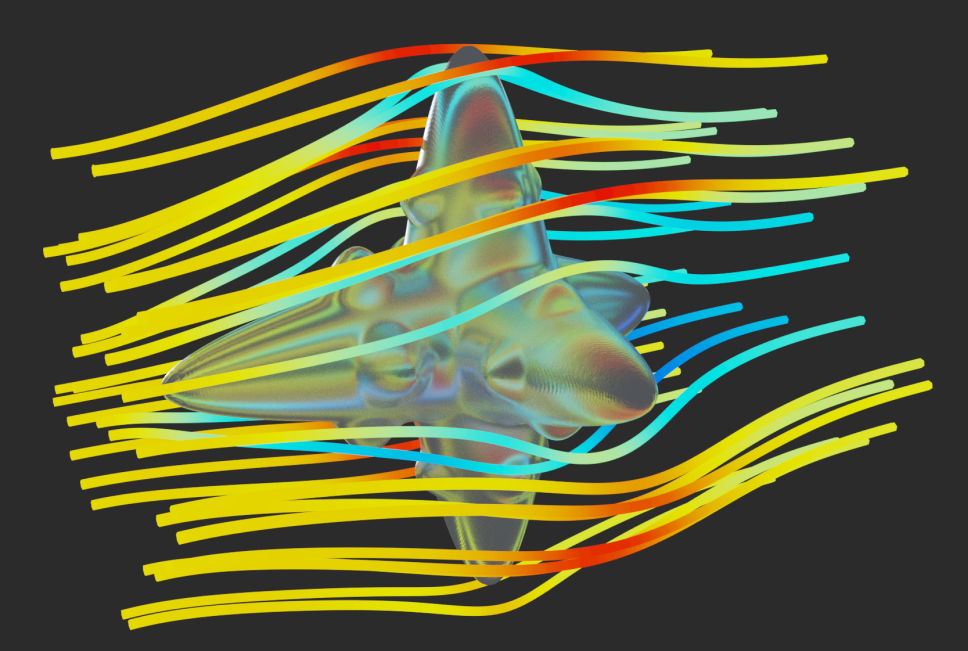
Functional properties
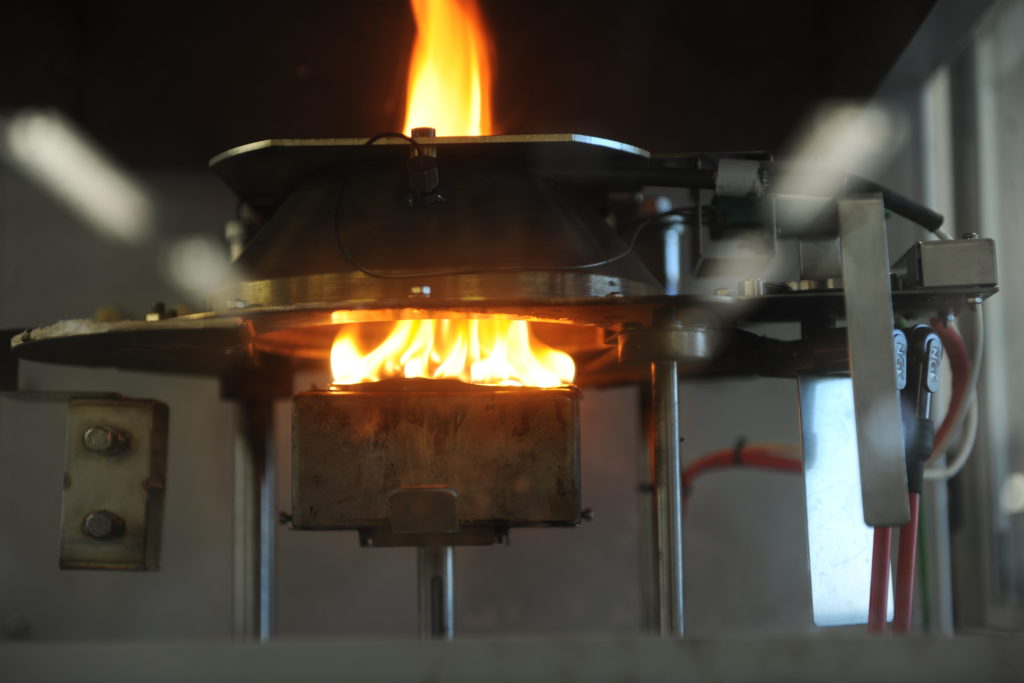
Fire resistance
• Rapid laboratory scale tests for screening (micro-scale combustion calorimetry and oxygen index).
• Dual cone calorimetry and UL94 Horizonal/Vertical Flame Chamber.
Thermal
• DSC, TGA and Hot Disk Thermal Conductivity analyser. Thermal behaviour of mechanical properties, DMA and rheology.
• Pushrod Dilatomer for the measurement of dimensional changes.
Electrochemical
• Electrochemical characterisation of energy storage devices (Li-ion, Li-S, Li-O2, Na-ion, and hybrid batteries). Simultaneous testing of 100 batteries can be performed using a multichannel battery tester.
• Galvanostatic/potentiostatic cycling at various current densities.
• Single channel Zive SP1 electrochemical workstation is used for cyclic voltammetry (CV) and electrochemical impedance spectroscopy (EIS) study of batteries.
• LCR equipment to quantify dielectric properties in composites.
Biomaterials and cell culture
• Confocal, fluorescence and inverted microscopes.
• PCR instrument.
• Multi-mode plate reader (absorbance, fluorescence, luminescence).
• Ultrasonic processor.
• Autoclave.
• Protein gel electrophoresis and blotting system.
• Liquid nitrogen tank for cell storage and 80ºC freezer.
• Prusa mini 3D printer.
• Biosafety cabinets.
• Benchtop and CO2 incubators.
• Centrifuge and microcentrifuge, vortex mixers, hot plate stirrer, dry block heater, UV lamp, and thermostatic water baths.
